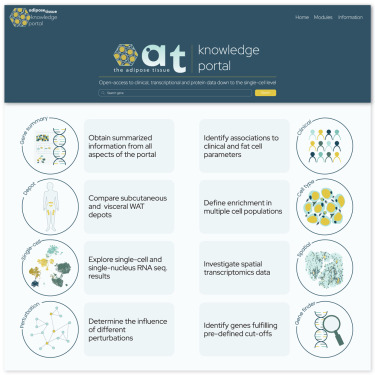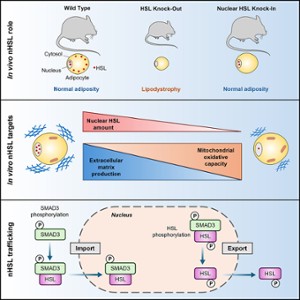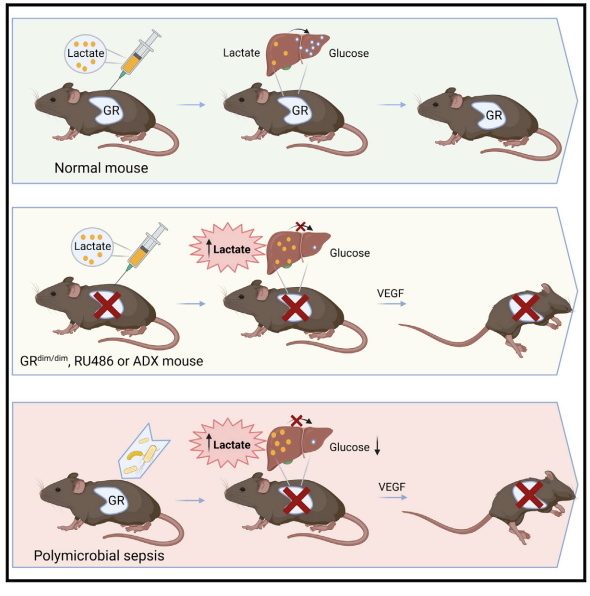Published on February 2, 2024 – Updated on November 4, 2025
L. Massier, J. Jalkanen, M. Elmastas, J. Zhong, T. Wang, P. A. Nono Nankam, S. Frendo-Cumbo, J. Bäckdahl, N. Subramanian, T. Sekine, A. G. Kerr, B. T. P. Tseng, J. Laurencikiene, M. Buggert, M. Lourda, K. Kublickiene, N. Bhalla, A. Andersson, A. Valsesia, A. Astrup, E. E. Blaak, P. L. Ståhl, N. Viguerie, D. Langin, M. Blüher, M. Rydén, N. Mejhert (2023)


